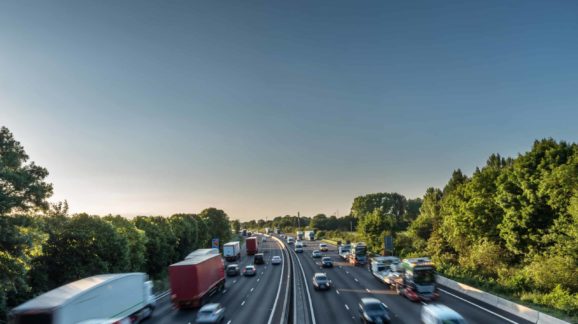Report Urges Reforming Surface Transportation for Long-Term Sustainability

Photo Credit: Getty
The president and Congress opted to extend the multiyear surface transportation authorization for another year through Sept. 2021, due to pandemic uncertainties and ongoing lack of bipartisan agreement on priorities. The new Congress is expected to begin work early in the New Year on a full reauthorization. The looming 2021 deadline creates a sense of urgency to find agreement, but problems with existing surface transportation funding programs suggest it is time to revisit long-held assumptions.
A new CEI report delves into the problems—namely, a long-term Highway Trust Fund shortfall (with inevitable bailouts) and a fundamental mismatch between who pays for roads and who uses them. This report suggests a new approach to thinking through these issues.
The report aims to help lawmakers get a handle on the problems by:
- Estimating a long-run average cost of the U.S. Interstate Highway System using six decades of historical financial records and netting out the marginal revenue collected for system use;
- Detailing a gap between cost and revenue, where no one takes responsibility, leading to the system becoming unreliable and deficient;
- Exploring how some projects could be throttled by rural intercity travel and urban daily commuting; and
- Suggesting there may be a middle ground between ever-increasing general fund spending and ubiquitous nationwide tolling in a political environment built on expectations of ongoing public subsidy.
View the report, Reforming Surface Transportation for Long-Term Sustainability, by Virgil Payne.